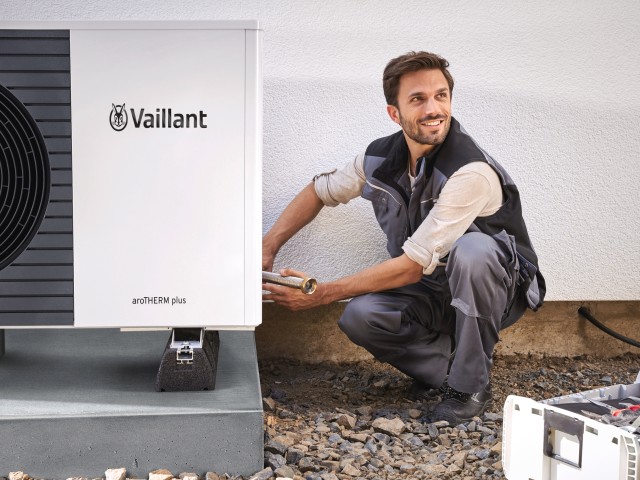What is geothermal energy ?
The sub-surface of the Earth contains heat, or geothermal energy, that is retained at largely constant levels throughout the year, regardless of the season. This heat has historically remained unused, but the development of geothermal heating systems in the past century have meant that we can now use this geothermal energy to heat our homes.



